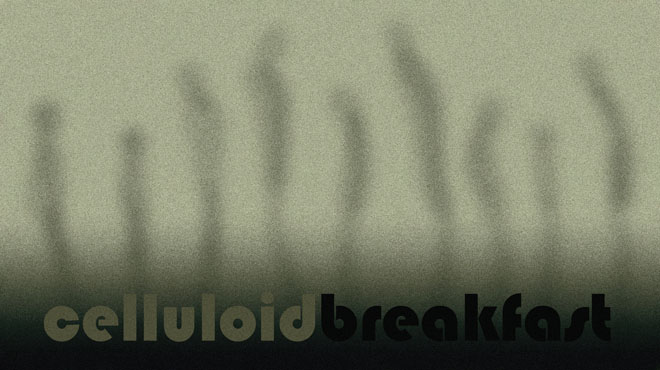In this exotic Chinese silent, mother-of-two Ye is an artist living on the river bank, making toys for her husband to sell in the city. When a heart attack claims her husband and her young son is abducted, Ye ups sticks to Shanghai with daughter Zhu’er, where the two struggle to continue business. During an invasion by the Japanese army, Zhu’er is killed, and Ye is left desperately flogging her toys outside nightclubs. Having lost almost everything dear to her, she encounters a little boy whom she fails to recognise as her estranged son. Finally, having mistaken a series of firecrackers for bombs, Ye descends into madness, making an impassioned plea to those nearby to join her in fighting their imaginary oppressors, a clear reference to the destructive impact of the Japanese invasion of Manchuria two years before.
While the film has certain emotive powers, one can’t help but feel that it is a little manipulative in its storytelling. The film’s militaristic slant, particularly the use of toys as a metaphor for artillery, grows less and less subtle throughout the film, and characterisation is compromised in the third act as Ye becomes little more than a conduit for propaganda. But despite the inherent jingoism and selective pacing, the piece does have many romantic, formalistic qualities. The sequence where Zhu’er dies in Ye’s arms is especially lyrical, thanks in no small part to exceptional performances by Ruan Lingyu and Li Li-Li, and proves director Sun Yu as a genuinely creative talent.






No comments:
Post a Comment